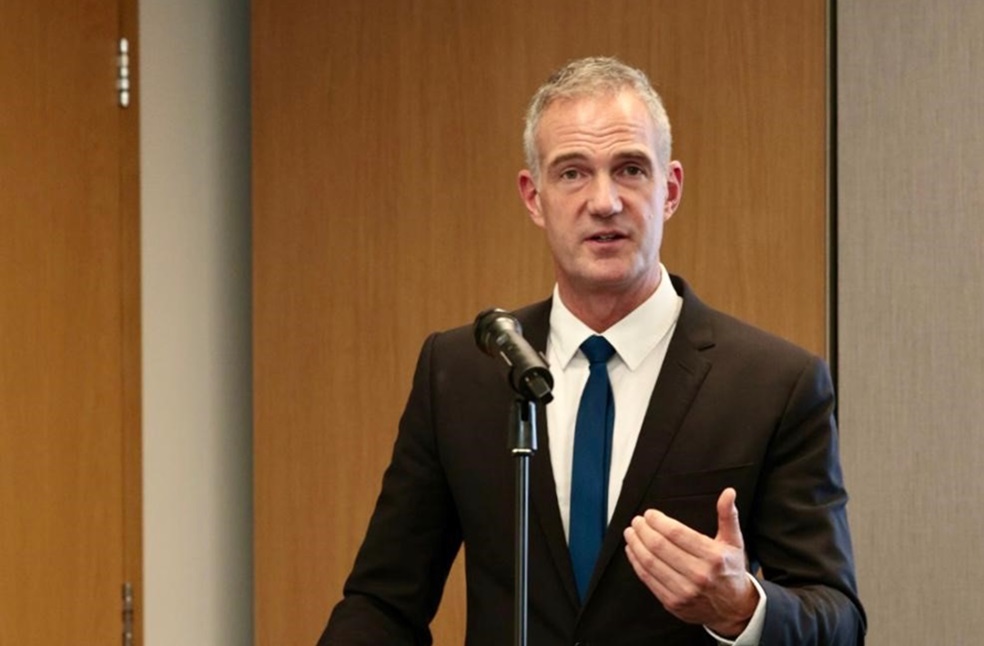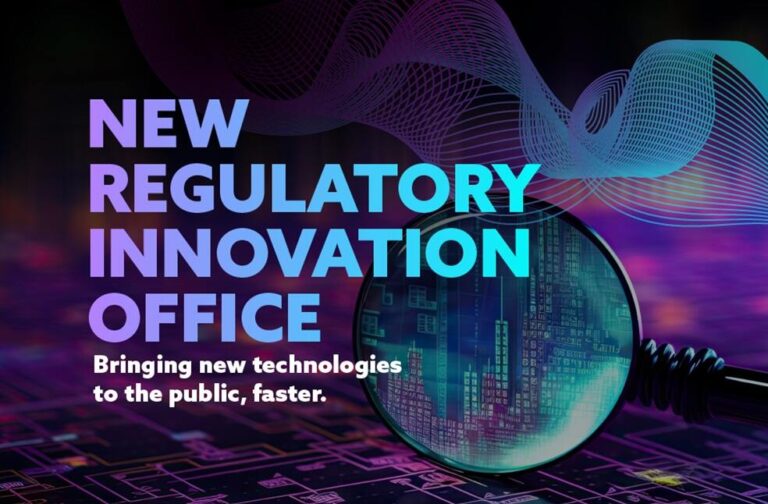London: The UK government has announced the establishment of a new Regulatory Innovation Office (RIO) to accelerate the approval of emerging technologies, such as artificial intelligence, for use in healthcare, space, and drone sectors. The significant move aims to enhance the country’s technological capabilities and boost economic growth.
The initiative aligns with the Labour government’s commitment to increasing investment in infrastructure and advancing the transition to a net-zero economy. Since its election in July, the government has emphasised the need to foster innovation across key sectors.
The RIO is designed to simplify the regulatory landscape, allowing businesses to introduce cutting-edge technologies more efficiently. This launch comes ahead of an International Investment Summit on October 14, where Prime Minister Keir Starmer and Finance Minister Rachel Reeves will engage with sovereign wealth funds, businesses, and infrastructure investors, showcasing the UK as “open for business.”
Peter Kyle, the UK’s Science and Technology Minister, highlighted the potential impact of the RIO, stating it would enable earlier diagnosis of diseases, support bio-engineers in developing cleaner fuels and pest-resistant crops, and facilitate the future use of drones for deliveries.

“We are reducing regulatory hurdles to help businesses and public services innovate, which means more jobs and a stronger economy,” Kyle stated.
The RIO will initially concentrate on four rapidly growing technology sectors that positively impact people’s lives. As the office evolves, it will expand to support additional technologies and sectors. The focus areas include:
Engineering Biology:
- Utilises synthetic biology and biotechnology to develop new products and services from organic sources.
- Innovations can lead to improved health outcomes, including novel vaccines, cleaner fuels, and more efficient, sustainable food production (e.g., pest-resistant crops and cultivated meat).
- RIO will expedite safe market entry for these products, maximizing their environmental and health benefits.
Space:
- The UK’s burgeoning space industry supports various applications, from GPS technology to advanced weather forecasting and disaster response.
- Regulatory reforms are essential for enhancing agility, clarity, and competition, encouraging investment and expanding market access.
Artificial Intelligence in Healthcare:
- AI has the potential to transform healthcare delivery, enabling faster illness diagnosis and improved patient care amid NHS pressures.
- It can enhance hospital efficiency by reducing administrative burdens on medical staff, thereby decreasing waiting times and allowing for personalised medicine.
- RIO will facilitate the safe deployment of AI innovations to boost NHS efficiency and patient health outcomes.

Connected and Autonomous Technology:
- Autonomous vehicles, including drones, can efficiently deliver emergency supplies to remote areas.
- Regulatory support will enhance the use of this technology in emergency services, improving public safety.
- Initiatives may expand the use of drones in business operations, building on successful projects like Royal Mail’s deliveries to Orkney.
The RIO, which will collaborate with existing regulators, is set to invite applications for a chairperson to lead the office, reinforcing the UK’s commitment to fostering technological growth.



